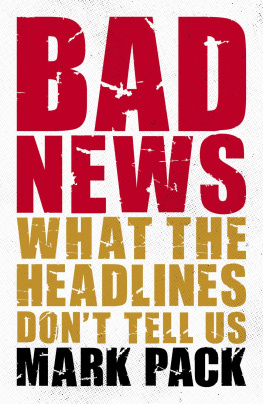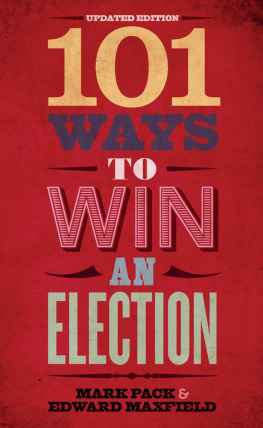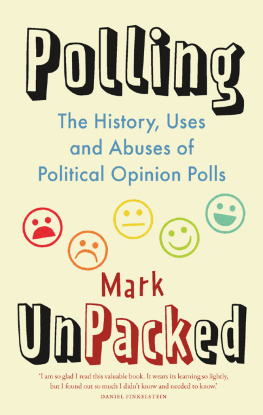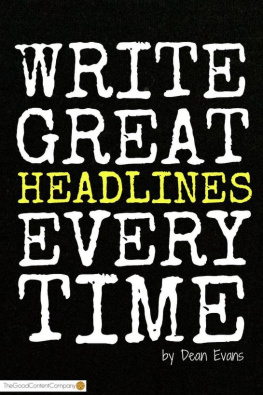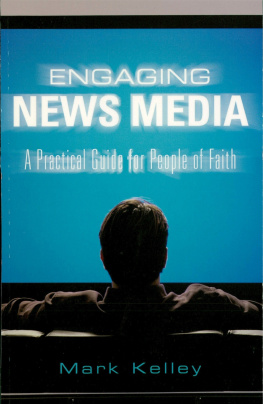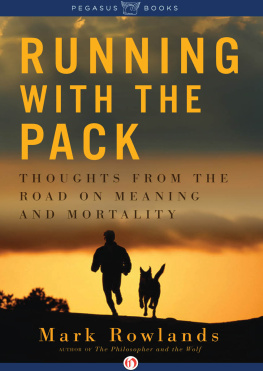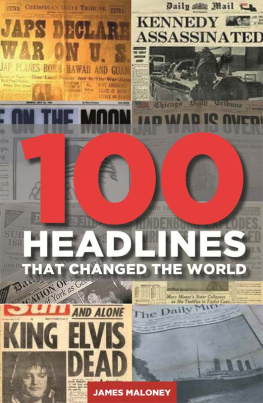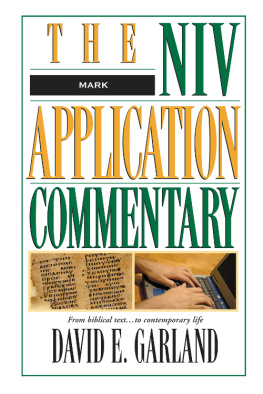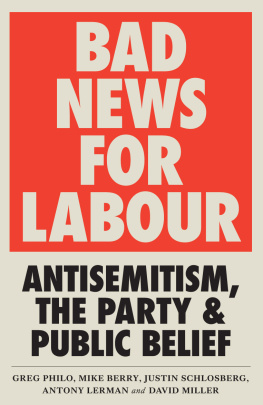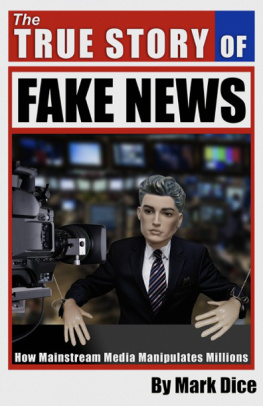Mark Pack - Bad News: What the Headlines Dont Tell Us
Here you can read online Mark Pack - Bad News: What the Headlines Dont Tell Us full text of the book (entire story) in english for free. Download pdf and epub, get meaning, cover and reviews about this ebook. year: 2020, publisher: Biteback Publishing, genre: Business. Description of the work, (preface) as well as reviews are available. Best literature library LitArk.com created for fans of good reading and offers a wide selection of genres:
Romance novel
Science fiction
Adventure
Detective
Science
History
Home and family
Prose
Art
Politics
Computer
Non-fiction
Religion
Business
Children
Humor
Choose a favorite category and find really read worthwhile books. Enjoy immersion in the world of imagination, feel the emotions of the characters or learn something new for yourself, make an fascinating discovery.
Bad News: What the Headlines Dont Tell Us: summary, description and annotation
We offer to read an annotation, description, summary or preface (depends on what the author of the book "Bad News: What the Headlines Dont Tell Us" wrote himself). If you haven't found the necessary information about the book — write in the comments, we will try to find it.
Mark Pack: author's other books
Who wrote Bad News: What the Headlines Dont Tell Us? Find out the surname, the name of the author of the book and a list of all author's works by series.
Bad News: What the Headlines Dont Tell Us — read online for free the complete book (whole text) full work
Below is the text of the book, divided by pages. System saving the place of the last page read, allows you to conveniently read the book "Bad News: What the Headlines Dont Tell Us" online for free, without having to search again every time where you left off. Put a bookmark, and you can go to the page where you finished reading at any time.
Font size:
Interval:
Bookmark:
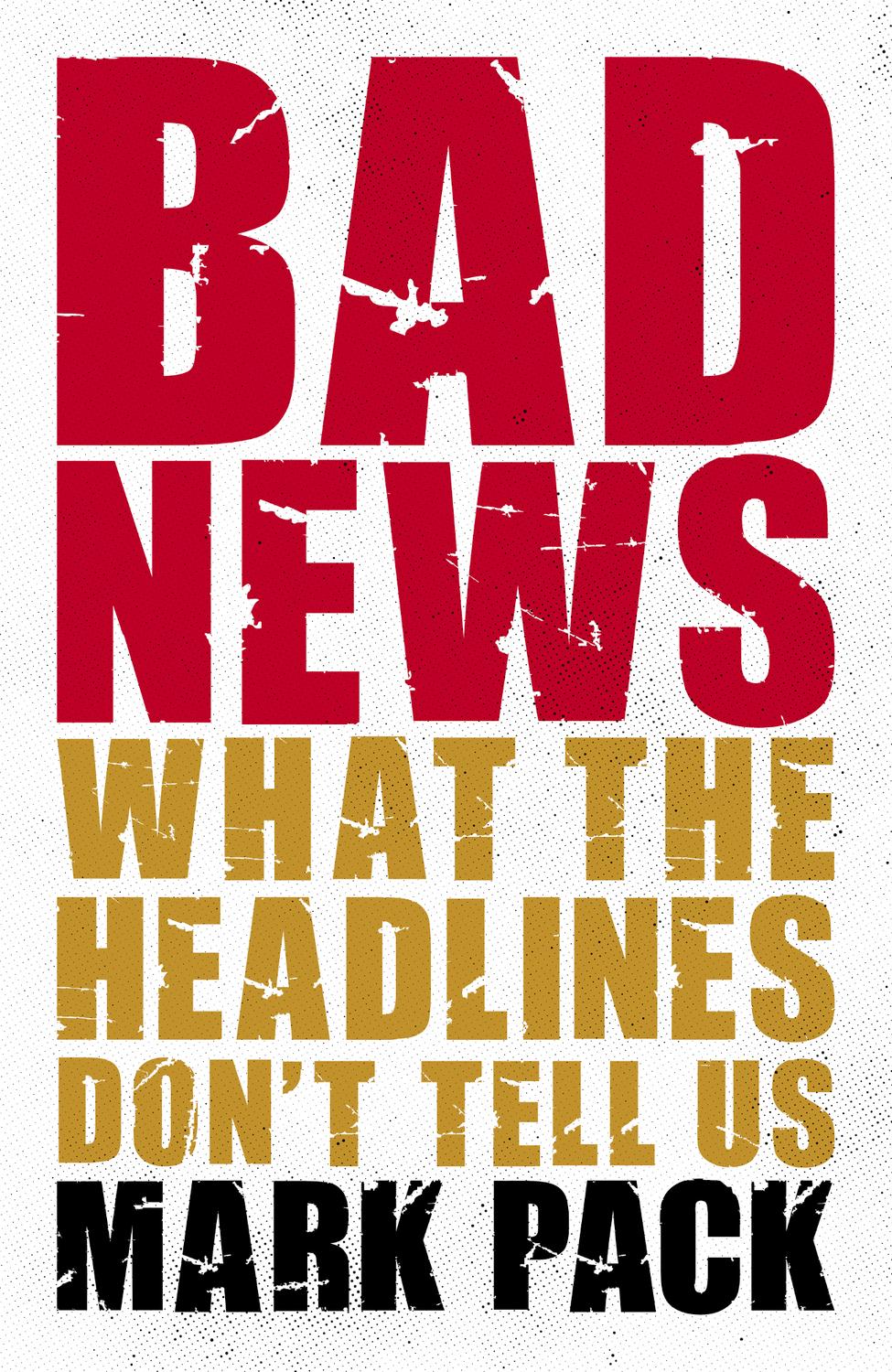
v
The news at one oclock.
Chinese industrial leaders are holding a summit in Kinshasa with members of the African Union concerning future land use and mining rights on the continent. This is important and you should try to pay attention. Protesters are calling on the United Nations to block the proposed deal for reasons you may or may not agree with, but should definitely know about.
The shadow Health Secretary has today strongly criticised the government for reasons which are mildly important, but on the other hand criticising the government is more or less what shadow ministers are for, so you neednt feel too bad if you dont pay too much attention to this one. The government responded in much the way you would expect them to respond so again, half an ear is plenty.
In Stoke-on-Trent something really awful happened to a family of four. Youd find it very interesting because that is human nature, but I am afraid it is none of your business.
J ohn F innemores S ouvenir P rogramme , S eason F ive
The newspaper that drops on your doorstep is a partial, hasty, incomplete, inevitably somewhat flawed and inaccurate rendering of some of the things we have heard about in the past twenty-four hours, distorted, despite our best efforts to eliminate gross bias, by the very process of compression that makes it possible for you to lift it from the doorstep and read it in about an hour But its the best we could do under the circumstances.
P ulitzer P rize -winning journalist D avid B roders peaking in either 1973 or 1979 as , appropriately enough, both years are cited when you look up this quote in different places vi
- viii
I used to read a newspaper every day. Now that I dont, Im better informed. The change happened thanks to how I get to work.
Until the start of 2020, I was a member of an unusual minority (rather more than one, people who know me might add), in that I had a reasonably long commute to work and liked it. The reason? Podcasts. I got in around an hour and a half of listening to them every day. This was time spent being entertained and informed, which, even with the best of intentions, I would never have managed to find elsewhere if Id had a shorter commute.
It also gave me a somewhat different perspective on the news. Back in the last century, I would typically read a printed newspaper on my commute. Then I switched to listening to podcasts about the news. Not news podcasts, but rather the sorts of podcasts such as Planet x Money from the US or More or Less from the UK that dont try to be first with the news. Instead, they pick topics related to the latest happenings and take a more reflective approach, deploying expertise to understand the trends and facts behind the headlines.
This switch has, therefore, also given me a very different perspective on the news. When much of your news consumption is not the stuff of bulletins, daily front pages or breaking tweets, but rather slower-moving, more reflective content, you can see much more clearly the weaknesses of the former format. Even the more newsy-news I consume, in the form of the weekly round-up magazine The Week, is more reflective because, even when reporting very fresh news, its selling point is to give multiple angles on the stories. The Week is far from flawless its list of interesting quotations leaves the impression, time after time, that its almost exclusively men who say interesting things, for example but it does give a better perspective.
The fast-paced chase to tell us the latest news right away often involves brilliant, brave and smart journalists. The sort of people who, seeing news of a deadly virus outbreak spreading fast and killing people, grab their passports and rush towards it rather than grabbing their family and rushing away.
But these dramatic chases are much like a sugar rush of chocolate in our diet: life is better for a little bit of it, not too much. Just as chocolate isnt really sustenance, so too the constant intake of breaking news isnt the way to understand what is going on in the world. Different forms of news newspapers, television, radio, websites, social media and more come with their own specific features and risks. Whats more important are those issues that are common to them all. As this book explains, the very nature of what makes for a gripping news story means the news itself is a tool very often ill-suited to understanding the world around us. xi
What news can be, though, is a jumping-off point if, that is, you learn to understand what it is really telling you, what it might not be telling you and what its likely to be getting wrong.
That is what this book will do. I hope you will find it a useful and enlightening guide, because understanding what is going on around us in the world is not only fascinating, its also necessary necessary so we can make the right choices in our own lives and essential so we can make the right choices in our society at large.
Reports about the news industry itself are often grim. Whether these are stories about struggling to make a profit or battles with waves of fake news, accounts of the news industry in all its forms, from traditional newspapers through to the latest social media outlets, are far from pretty. But the real problem with news across all these formats is much bigger indeed, its very structure is ill-suited to understanding what is going on around us. Appreciate that and you can start making sense of the news.
Current stories about the state of the news are overwhelmingly negative. There are rightful plaudits for the bravery of journalists covering conflicts such as those in Syria or the investigatory zeal of those who exposed the Panama Papers. Such award-winning moments are, however, more the exception in a tide of worries. Worries, that is, about the financial future of news outlets, anxiety over the rise and believability of fake news and concerns over a wave of governments introducing restrictive press laws, sometimes using fake news as the excuse.
Much can, and has, been written about each of these trends. there is much you can learn to spot about how a story has taken shape and how much you can trust it to be a true and relevant account of events.
There are certainly guides out there about how to be media-literate, about how to apply a sceptical and inquisitive eye to stories, but they tend either to be very brief or rather dull. Or perhaps, to be fairer, they are often just short guides trying quickly to catch the attention of digital audiences that do not pay much attention to news on TV, radio or in printed form; or, alternatively, they are long, detailed, academic ), of which, even if you read widely and deeply, it is hard to find mention.
That is the gap this book seeks to fill. I am not a journalist, but I have been a lecturer, teaching would-be journalists, a press officer, the occasional subject of news stories, a pundit and interviewee in the media, and an adviser to organisations from small charities through to large multinationals on their communications strategies
You can, if you wish, view the take of this book laying out, as it does, a whole further set of problems with the news as a cause for xiii pessimism. For me, however, it is a cause for optimism: there is much that can be improved about the news just through understanding, and, if you are producing news, making sometimes very simple changes or, if you are consuming the news, by knowing how to spot the flaws within the stories in front of you. Some of these issues are deeply ingrained and yet also remarkably simple to fix. Merely using quote marks differently, as I will explain in , would be a boon a trivially easy thing to change and one that would noticeably improve the news. We can fix the quote marks problem!
Font size:
Interval:
Bookmark:
Similar books «Bad News: What the Headlines Dont Tell Us»
Look at similar books to Bad News: What the Headlines Dont Tell Us. We have selected literature similar in name and meaning in the hope of providing readers with more options to find new, interesting, not yet read works.
Discussion, reviews of the book Bad News: What the Headlines Dont Tell Us and just readers' own opinions. Leave your comments, write what you think about the work, its meaning or the main characters. Specify what exactly you liked and what you didn't like, and why you think so.

